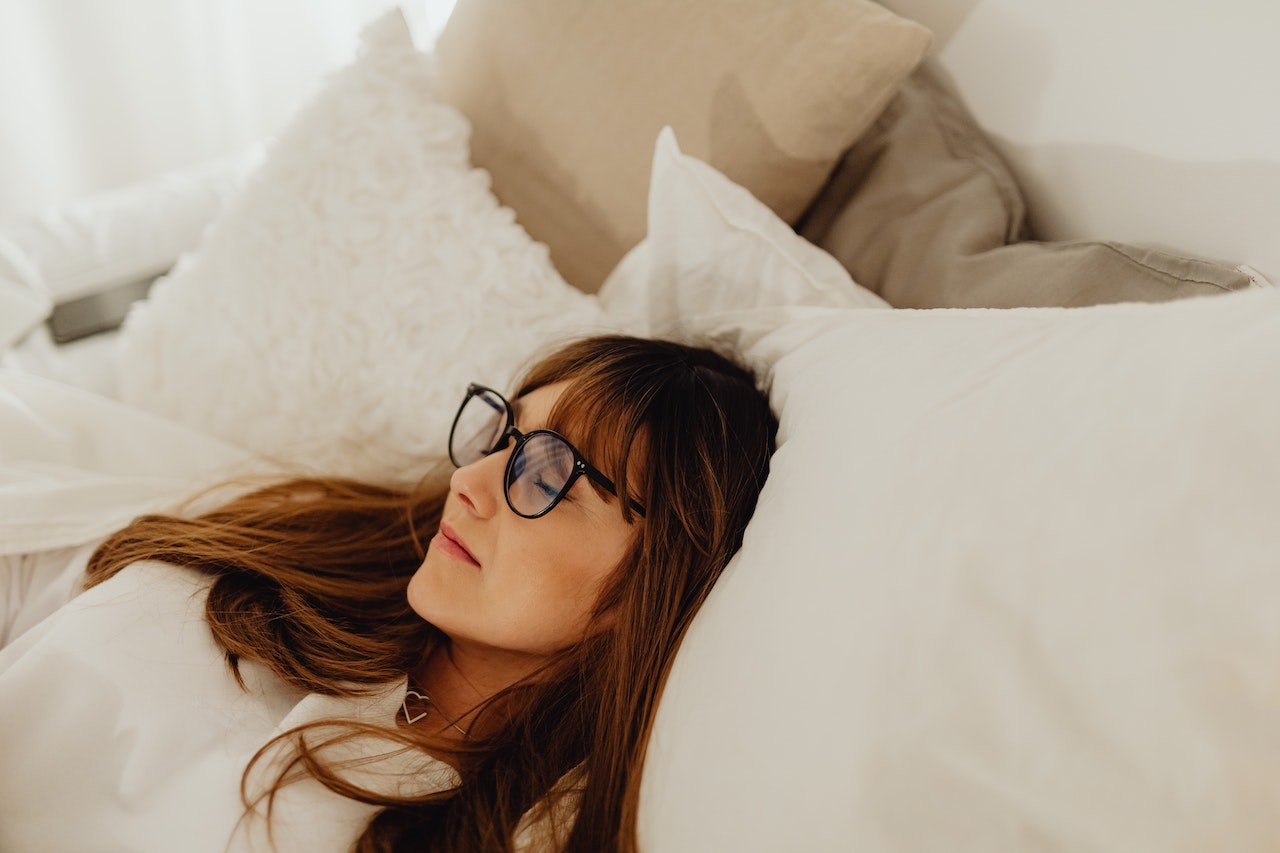Debunking The Top Myths About Sleeping Medications
- 530 Views
- Ethan More
- August 12, 2022
- Health
Sleeping medications are often viewed as a last resort for people struggling to get a good night’s sleep. However, buy zopiclone 10mg can be an effective treatment option for many people with sleep problems.
There are several myths about sleeping medications that prevent people from seeking treatment. This article will debunk some of the most common myths about sleeping medications.
Myth 1: Sleeping Medications Are Addictive
One of the most common myths about sleeping medications is that they’re addictive. This isn’t true. While it’s possible to become dependent on some sleep aids, this typically only occurs when they’re misused or for extended periods. When used as directed, most sleeping medications are not addictive.
Myth 2: Sleeping Medications Cause Memory Loss
Another common myth about sleeping medications is that they cause memory loss. This is also not true. While some sleep aids can cause temporary memory impairment, this is typically only when used in high doses or for extended periods. When used as directed, most sleeping medications do not cause memory loss.
Myth 3: Sleeping Medications Are Dangerous
Another common myth about sleeping medications is that they’re dangerous. While some sleep aids can have side effects, these are typically mild and go away once the medication is discontinued. Most sleeping medications are safe when used as directed and pose little risk to your health.
Myth 4: Sleeping Medications Don’t Work
Another common myth about sleeping medications is that they don’t work. While some people may not respond to sleep aids, the vast majority of people who take them find they are effective in helping them get a good night’s sleep. If you’ve tried a sleep aid and it hasn’t worked for you, it’s essential to talk to your doctor about other options.
Myth 5: Sleeping Medications Are Only for People with Insomnia
Another common myth about sleeping medications is that they’re only for people with insomnia. While sleep aids are often used to treat insomnia, they can also be effective for other sleep disorders such as sleep apnea and restless legs syndrome. If you have a sleep disorder that interferes with your ability to get a good night’s sleep, talk to your doctor about whether a sleep aid would be right for you.
Myth 6: Sleeping Medications Cause Drowsiness During the Day
Another common myth about sleeping medications is that they cause daytime drowsiness. While some sleep aids can cause drowsiness, this is typically only when used in high doses or for extended periods. Most sleeping medications do not cause drowsiness during the day when used as directed.
Myth 7: Sleeping Medications Are Only for Older Adults
Another common myth about sleeping medications is that they’re only for older adults. While older adults often use sleep aids, they can be effective for people of all ages. If you have a sleep disorder that interferes with your ability to get a good night’s sleep consider medications with the help of a doctor.
Myth 8: Sleeping Medications Are Expensive
Another common myth about sleeping medications is that they’re expensive. While some sleep aids can be costly, many affordable options are available. If you’re concerned about the cost of a sleep aid, talk to your doctor about generic or over-the-counter options.
Myth 9: Sleeping Medications Have to Be Taken Every Night
Another common myth about sleeping medications is that they must be taken every night. While some sleep aids are designed for nightly use, others can be taken on an as-needed basis. If you’re concerned about taking a sleep aid every night, talk to your doctor about other options.
Myth 10: Sleeping Medications Are the Only Way to Get a Good Night’s Sleep
Another common myth about sleeping medications is that they’re the only way to get a good night’s sleep. While sleep aids can be effective, they’re not the only option for getting a good night’s sleep. Many non-medication ways to improve your sleep include practicing good sleep hygiene and making lifestyle changes. If you struggle to get a good night’s sleep, talk to your doctor about other options.
Myth 11: Sleeping Medications Will Make Me Sleepwalk
Another common myth about sleeping medications is that they will make me sleepwalk. While some sleep aids can cause sleepwalking, this is typically only when used in high doses or for extended periods. When used as directed, most sleeping medications do not cause sleepwalking.
What are some natural options for improving sleep?
Many options are available if you’re looking for natural ways to improve your sleep. Some simple lifestyle changes, such as practicing good sleep hygiene and avoiding caffeine before bed, can make a big difference. Natural sleep aids, such as magnesium supplements, lavender oil, and chamomile tea can also be effective. If you’re struggling to get a good night’s sleep, talk to your doctor about natural options that might be right for you.
Some tips for practicing good sleep hygiene include:
• Establishing a regular sleep schedule and sticking to it as much as possible: This means going to bed and waking up at the same time each day, even on weekends.
• Creating a calming bedtime routine: This could involve taking a warm bath, reading a book, or doing gentle stretching.
• Avoiding caffeine in the evening: Caffeine can stay in your system for six hours or more, so it’s best to avoid it after lunchtime.
• Avoiding alcohol before bed: Alcohol can interfere with sleep, so it’s best to avoid it in the evening.
• Avoiding screen time in the hour before bed: The blue light from screens can interfere with sleep, so it’s best to avoid using phones, laptops, and tablets during the hour before bed.
• Creating a restful sleep environment: Ensure your bedroom is dark, quiet, and calm.
Sleeping medications can be an effective treatment option for many people with sleep problems. These medications are not addictive, do not cause memory loss, and are safe when used as directed. If you’re struggling to get a good night’s sleep, don’t let myths about sleeping medications keep you from seeking treatment. Talk to your doctor about whether a sleeping medication may be proper for you.
Hello , I am college Student and part time blogger . I think blogging and social media is good away to take Knowledge




